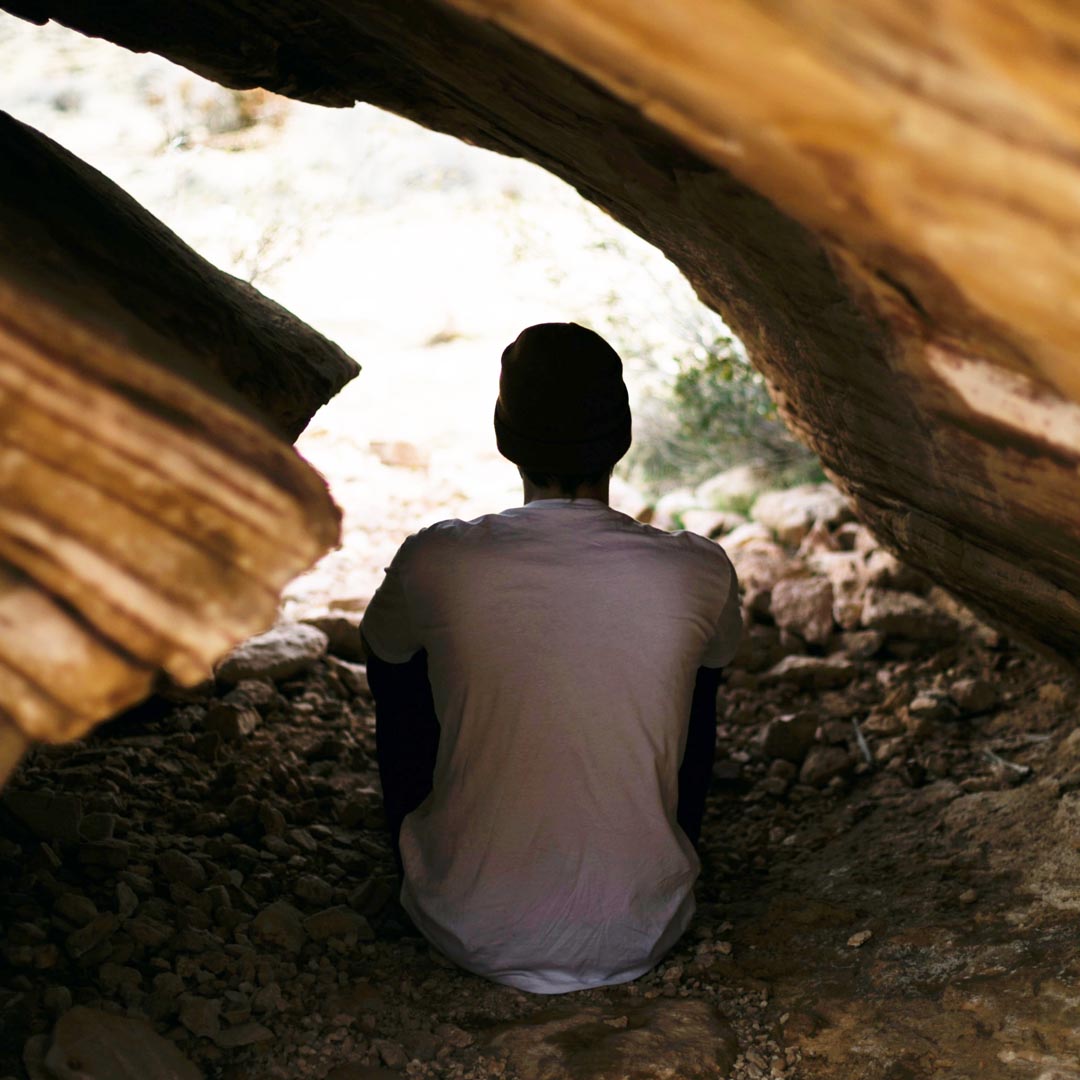There is a story I heard recently about a man who was the first to walk across Niagara Falls on a tightrope. As the story goes, he walked across the 1,100 feet span, 160 feet above the water several times; each time adding an additional challenge. He walked the narrow rope carrying various objects, riding a bicycle, even taking a stove and frying and eating an omelet. This delighted the spectators who were amazed by the feats of this daredevil.
After pushing a wheelbarrow full of potatoes across the gorge on the tightrope to a roar of applause, the acrobat addressed the excited crowd. He asked if they believed he could carry a person across the gorge in the wheelbarrow. The crowd responded enthusiastically that they absolutely believed he could perform the feat. The man then asked who would be willing to get into the wheelbarrow. The crowd fell silent. None were willing to get into the wheelbarrow. They had eagerly said they believed he could do it, but their actions showed that they did not.
Faith is a unique attribute in that it requires something to have faith in, and also requires an act to demonstrate evidence of its existence. This event provides not only an illustration of faith, but an opportunity for each of us to examine our faith in God.
We say that we have faith in God, but what do we know about God? King Benjamin describes Him as Omnipotent (Mosiah 1:116). This means that God is all-powerful. But even an all-powerful God placed limits on Himself. He cannot lie (Hebrews 6:18). He cannot change (Mormon 4:82). He cannot take away free will (2nd Nephi 1:117-121).
From the Scriptures, we can also learn that God is all-knowing. He can see the past, the present, and the future (Isaiah 46:10), because He is not bound by the rules of time (Alma 19:38). He is able to discern the thoughts of men (1st Chronicles 28:9, Hebrews 4:12).
Sometimes, however, we have a faulty understanding of “good.” We expect good to mean that we won’t be uncomfortable
The Lord is also all-good (Psalms 34:8). Sometimes, however, we have a faulty understanding of “good.” We expect good to mean that we won’t be uncomfortable. We will never experience pain or suffering. As an illustration, a dentist frequently makes us uncomfortable, inflicts pain, but caring for our teeth is ultimately a good thing. Coaches and athletic trainers cause their athletes to suffer during practices in order for them to become stronger and, ultimately successful on a field of competition. In a similar way, God sees the big picture and may from time to time allow us to suffer in order to become stronger and be able to obtain the future He has planned (Romans 8:18). The point of our lives in this world isn’t comfort, but training and preparation for eternity (Alma 16:228).
These characteristics of God we understand from scripture form the basis of the object of our faith. The people who watched the tightrope walker were being asked to put their trust in a man, someone who could make a mistake, who could fail, who could jeopardize their life. Placing our trust in any man puts us in a place of danger. If a man (like the tightrope walker) falls, we fall, too. The omnipotent, unchanging, all-knowing, all-good God of the universe will never fall and will never drop us. We can safely climb into and ride in God’s wheelbarrow.
Now that the object of our faith has been clarified, how do we demonstrate evidence of its existence?
Now that the object of our faith has been clarified, how do we demonstrate evidence of its existence? The Apostle James addresses this issue in chapter 2 of his epistle. In verses 14-26, he illustrates how simply saying you have faith is insufficient. Simply put, acts of obedience are what complete faith (v22). Whenever we do what the Lord commands, living our lives according to the instructions found in the scriptures, we are providing evidence of our faith. It is the way we live that others see our faith in God and, ultimately, the way we glorify our God (Matthew 5:16).
In the Book of Mormon, when Alma is talking to the Zoramites, he uses the illustration of a seed to demonstrate both the power of the word of God and how faith plays its part. This illustration is found in chapter 16, verses 149-173. He likens the word to seed which is planted in the ground as an act of faith by a farmer. When the seed sprouts and begins to grow, it confirms the goodness of the seed and justifies the faith of the farmer.
In a like manner, when we obey a commandment such as tithing, it is an act of faith. When we are blessed by having our needs provided by God, it confirms that our faith was justified. But just as the seed couldn’t grow until it was planted and watered, our faith can’t grow until we actually apply it by obedience to God’s commands.
Alma also illustrates the necessity of continual care and repeated nourishing of the seed which has been planted. It’s not a one-time event. After the seed sprouts, it must be continually watered and maintained in order for it to grow and eventually produce fruit. He warns against neglecting the plant, noting the result is that it will die and you will “never pluck of the fruit of the tree of life.” If we fail to nourish our faith, it too will begin to diminish and eventually die. Nourishing our faith involves daily communication with God, personal study of the scriptures and regular church attendance and attention.
The beauty of Alma’s illustration is the simplicity of the promise; “a tree springing up unto everlasting life.” Yes, it takes work. Yes, it takes effort. But he encourages us that we have the opportunity to “reap the rewards of your faith, and your diligence, and patience, and long suffering, waiting for the tree to bring forth fruit unto you.”
The biggest impediment to faith is our pride and desire for control. We want to be in the driver’s seat of our lives instead of allowing God to be the boss
The biggest impediment to faith is our pride and desire for control. We want to be in the driver’s seat of our lives instead of allowing God to be the boss. We decide what we want, what will bring us happiness, and what we should do to obtain it. We may exhaust ourselves trying, only to find our lives empty. We may obtain what we wanted but have found that it didn’t provide the joy we had hoped. It’s like climbing into our own wheelbarrow, trusting in ourselves to navigate our life across the gorge on a thin rope.
Our faith is in the promises made by our Lord, because of who He is, the qualities of His revealed character. We provide Him evidence of our faith by obeying and applying His commandments in our life. We show our faith by being willing to get into God’s wheelbarrow.




